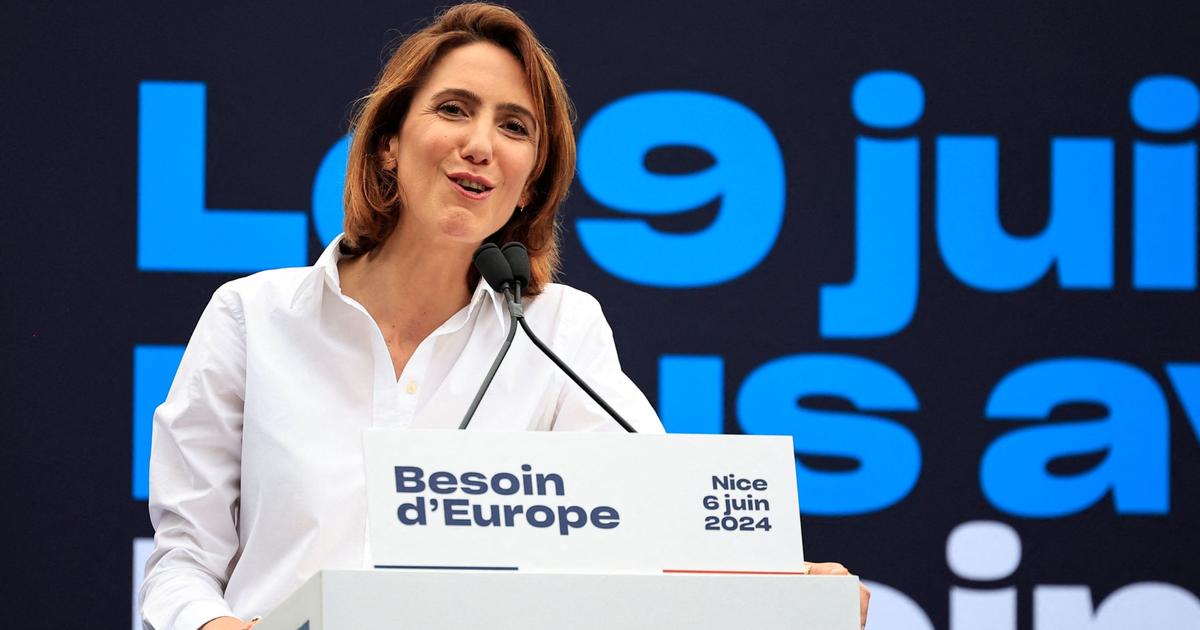European Elections: Macron’s Popularity at Stake amid Rising National Front Support
With the European elections just around the corner, President Emmanuel Macron is facing a critical test of his popularity. Several political parties, including Macron's, have turned to innovative campaign strategies, utilizing text and voice messages to reach voters. Reconquest, France Insoumise, and Macron himself have leveraged these methods, attempting to influence voter behavior. Macron's team utilized this process back in 2017 with a notable campaign of six million voice messages, costing 240,000 euros and significantly boosting his reach.
As of now, voting intentions for Macron's party hover between 15-20%, historically low levels for the start of the European election campaign. In stark contrast, the National Front party, led by Jordan Bardella, has been gaining traction, demonstrating a considerable lead in the opinion polls. Experts attribute this to Macron's diminishing appeal and the strategic rebranding by Marine Le Pen of the National Front, which now resonates more with French voters by addressing their concerns about public services and social assistance rather than focusing on controversial topics like immigration.
Macron’s recent speeches, designed to bolster his image as a leader of Europe, have fallen flat, failing to generate much-needed support. Political analysts and polling experts suggest that his disassociation from the domestic issues faced by the French public and the erratic nature of his European initiatives have not helped his cause. His election campaign is further overshadowed by criticism within his party, where established names have shown reluctance to lead due to anticipated poor results, exemplified by Valérie Haire heading the Ennahda list despite her relatively low profile.
Implications and Future Prospects for Macron and the National Front
Observers predict that a defeat for Macron’s Ennahda party in this election could lead to significant political repercussions such as a potential government reshuffle or even dissolution. Stefan Zumsteig, Director of Policy and Research at the Ipsos Institute, highlighted that Macron’s inability to support his electoral list effectively has placed him at a disadvantage. Meanwhile, the National Front continues to capitalize on its more refined and voter-friendly image under Le Pen, which has been a game-changer in garnering public support.
The elections, which follow a varied schedule across European Union countries, are witnessing increased voter engagement. While Macron attempts last-ditch efforts to turn the tide, including leveraging historical events like the celebrations of the Allied Forces landings, Marine Le Pen has accused him of trying to divert public opinion. The general sentiment among French voters appears to lean towards punishing Macron for his perceived shortcomings, which could play a significant role in the outcome of Sunday’s vote.
Some experts argue that despite the potential setback, Macron’s failure in these elections might not be entirely humiliating due to a simultaneous rise in right-wing power across Europe. However, the real concern lies in whether France and the broader European community will continue to take Macron seriously in the political landscape post-elections.
- The use of **targeted campaigns** with both text and voice messages is seen as a strategic maneuver to reach specific voter groups, a method pioneered by Macron in 2017. This approach has been utilized by various parties, highlighting the role of modern technology in elections.
- Marine Le Pen has strategically shifted the National Front's focus towards more mainstream issues, which has broadened the party's appeal and increased its voter base. This rebranding effort has allowed the party to address the immediate concerns of French citizens, steering the dialogue away from more polarizing topics.
- Macron’s ability to navigate European politics and his endeavors to position himself as a leader in Europe face scrutiny. His unilateral actions in European affairs without consulting key partners have raised questions about his diplomatic strategy.
- The broader European elections involve around 360 million voters selecting 720 members of the Parliament, with varying polling dates across the Union. This significant electoral exercise impacts not just national politics but also shapes the entire European Union's legislative direction.
- Macron’s political maneuvers, including leveraging international events and addressing overarching European issues, have faced internal criticism for not resonating with the immediate and pressing concerns of the French populace, reflecting a disconnect between his campaign and voter sentiment.






